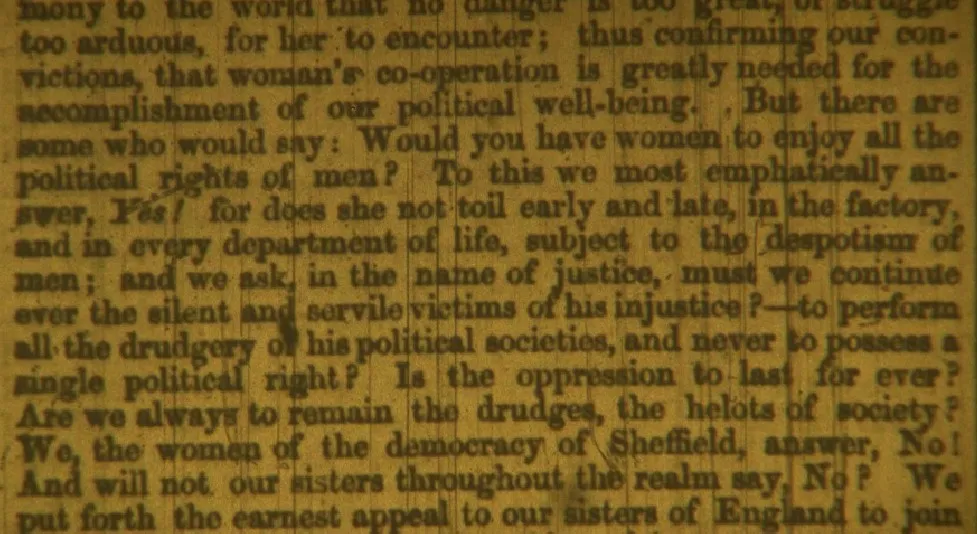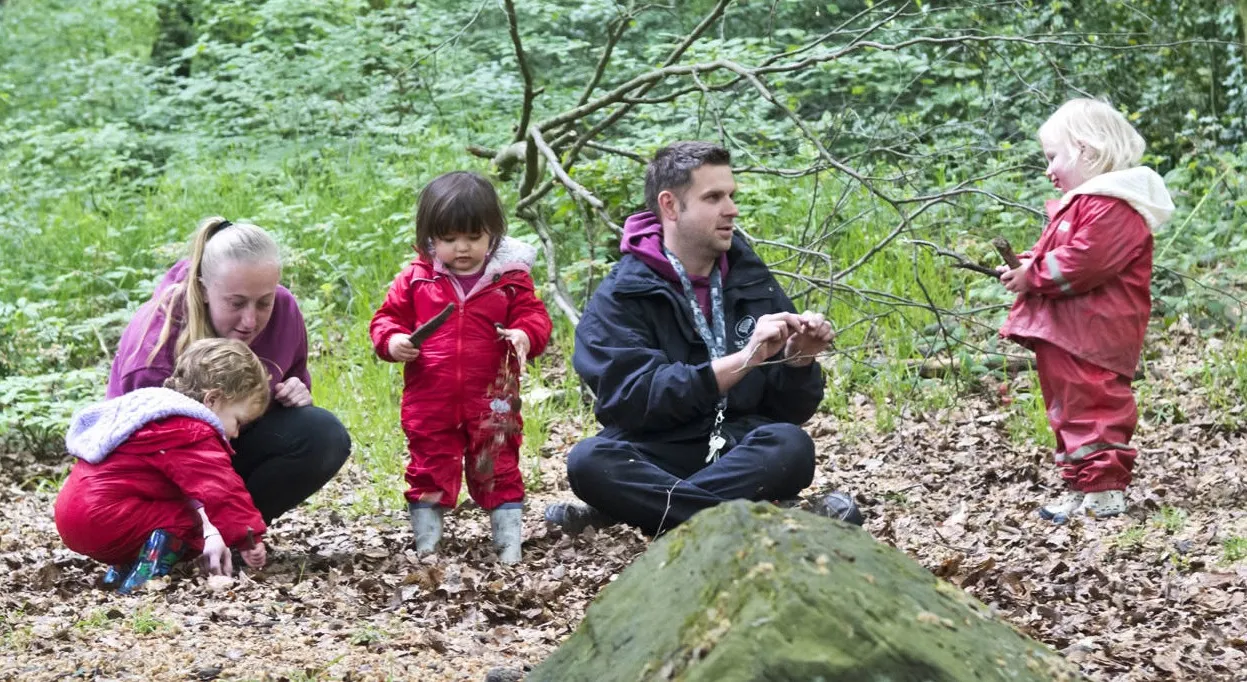Good morning, members — and welcome to the second of this week’s subscriber-only stories.
There’s a significant gap, most people would agree, between understanding something in theory and in practice. Years ago, I passed my driving theory test but, even aside from the fact it’s expired, no reasonable person would let me behind the wheel of a car on that basis alone.
This is why it’s a little concerning to some people that the University of Sheffield no longer think its doctors-in-training need hands-on, tangible knowledge of the human body. For more than 200 years, dissecting donated bodies to better understand anatomy has been a key part of its first-year course. Can “computer-assisted learning” really measure up?
But first, a college campus that controversially shut down in September is set to re-open next year and Lyceum Theatre’s Christmas panto begins tonight.
🎁 Hunting for a thoughtful, local, sustainable gift for a Sheffield friend? Look no further. For a limited time we are offering 25% off Tribune gift subs, so you can give the gift of quality local journalism for just £52.50 a year. It’s a present that gives someone a year of enjoyment — with no plastic wrapping or need to fight the crowds at Meadowhall. Just click the link below before the offer runs out.
Mini-briefing
🏫 A college campus which controversially shut down in September is going to reopen next year as a centre for up to 300 high-needs students. Sheffield College’s Peaks Campus in Waterthorpe was closed this year on the grounds it was too expensive to run and under-used, forcing hundreds of students – including 65 with high needs – to relocate to a campus in Hillsborough. It’s interesting that this announcement comes so soon after the revelation that the council is having to bail two special schools out of a total £5million of debt. Are you a parent of a child with high needs that might be able to tell us more about this? If so, email victoria@sheffieldtribune.co.uk.
⚖️ The sister of one of the victims of the Hillsborough disaster has called the government’s refusal to introduce a new “Hillsborough Law” in response to the tragedy “an absolute insult”. The law, prompted by the revelation that police were told to lie about the causes of the crush at Hillsborough stadium, would have created a legal requirement for public authorities and officials to tell the truth. The government chose to create a Hillsborough Charter instead, requiring police to tell the truth but not public servants, which campaigners dismissed as “not worth the paper it's written on”.
🪡 A new artwork honouring the life of the first named person in the UK to die of an AIDS-related illness will debut at Sheffield’s Millenium Gallery on Saturday, NowThen reports. Terry Higgins died in 1982 at the age of 37 and will be honoured by a quilt featuring photos of him, visual nods to his life and quotes from his friends. Richard Angell, of the Terrence Higgins Trust, said the work is a testimony to both Terry and “the distance we have travelled” in the decades since. "Today we have world-class treatment that saves lives and means people cannot pass on the virus."
🎄 This year’s Christmas pantomime at the Lyceum Theatre is Beauty and the Beast and today is the opening night! The theatre promises it will be a “fairy-tale extravaganza” full of “hilarious comedy, lavish sets, fantastic costumes, magic and mayhem”. If you can’t make it this weekend, the show will run until 7th January. Tickets are £15 and available here.
Sheffield University no longer wants your body
Evidently, no one ever told the University of Sheffield that you shouldn’t look a gift corpse in the mouth. Over the last few months, those who previously made the decision to donate their body to the university after death have received a letter to the effect of “thanks, but no thanks”. For many years, it explained, the dissection of bodies had “played a central role” in teaching future doctors and biomedical sciences students, but this practice is now coming to an end.
“We understand that your decision to donate your body would not have been taken lightly and are deeply sorry to be unable to fulfil your request,” reads the letter sent to Ann Jackson, an 82-year-old who bequeathed her body to the university in 2002. Jackson was inspired by her husband’s mother, who had herself felt moved to donate by her son’s battle with multiple sclerosis. “She wanted to do something about it but she couldn’t do anything,” Jackson recalls. Helping to advance medical science stopped her from feeling entirely powerless in the face of her son’s illness.

For more than 20 years, Jackson has been careful to avoid anything that could lead to the university rejecting her body, a list that included obesity, extensive surgery or organ transplants. She changed her will, informed her doctor and even kept a slip of paper in her purse everywhere she went, explaining her wishes, “in case anything happened”. The news that the university has changed its mind after all these years is not just disappointing, she tells me, it’s also a little annoying. “It seemed a bit abrupt.”
According to university students, the change was even more abrupt for them. The dissection lab reportedly closed its doors several weeks after the start of the last academic year, which multiple students heard was due to problems with the building’s ventilation system. Bodies donated to the university are preserved by replacing their blood with formaldehyde and, without proper ventilation, the amount of this chemical leaking into the lab’s air would reach dangerous levels. Students waited patiently for the problem to be fixed so their lessons could start again but they never did. Now, it seems, they never will. Rumours immediately began swirling. Did the university not want to foot the bill for the repairs? Was it struggling to find enough people willing to donate their bodies?
Nathan Costa-Hunter, a first year biomedical sciences student, tells me the university was still using the promise of dissections as a draw at an open day he attended in the summer of last year. It’s not an opportunity available at all medical schools, and even rarer for those studying his course, so it had been “a really big thing” for him personally. “A lot of people are really disappointed,” he adds, “it was a big selling point for a lot of students.”
Professor Ashley Blom, head of the Faculty of Health, told The Tribune change was introduced because the university is “constantly seeking to innovate, improve and modernise” its teaching methods and is following the example of “many medical schools” in transitioning away from full body dissections. Future students will instead learn about anatomy from “prosections” — parts of bodies pre-prepared by teaching staff — “advanced anatomic models and, increasingly, computer-assisted learning”.
What this means, according to those familiar with the department, is plastic models and computer simulations. “It’s pathetic,” said one former staff member, who asked to remain anonymous. “I don't know how a ‘distinguished’ university can think training doctors on computers is the right thing to do.”
According to the former staff member, neither the ventilation problems nor a lack of willing donors had much to do with the university’s decision to “throw away over 200 years of dissection history in Sheffield”. (Which isn’t to suggest that there weren’t ventilation problems. According to university insiders I interviewed, these problems existed but were a convenient excuse to move away from using dissection, something the university had wanted to do anyway.) At the time the university announced its decision to staff in early summer, they claim more than 6,000 people had signed up to donate their bodies after they died and, as far as they’re aware, the ventilation problem was eventually resolved.

Comments
How to comment:
If you are already a member,
click here to sign in
and leave a comment.
If you aren't a member,
sign up here
to be able to leave a comment.
To add your photo, click here to create a profile on Gravatar.







